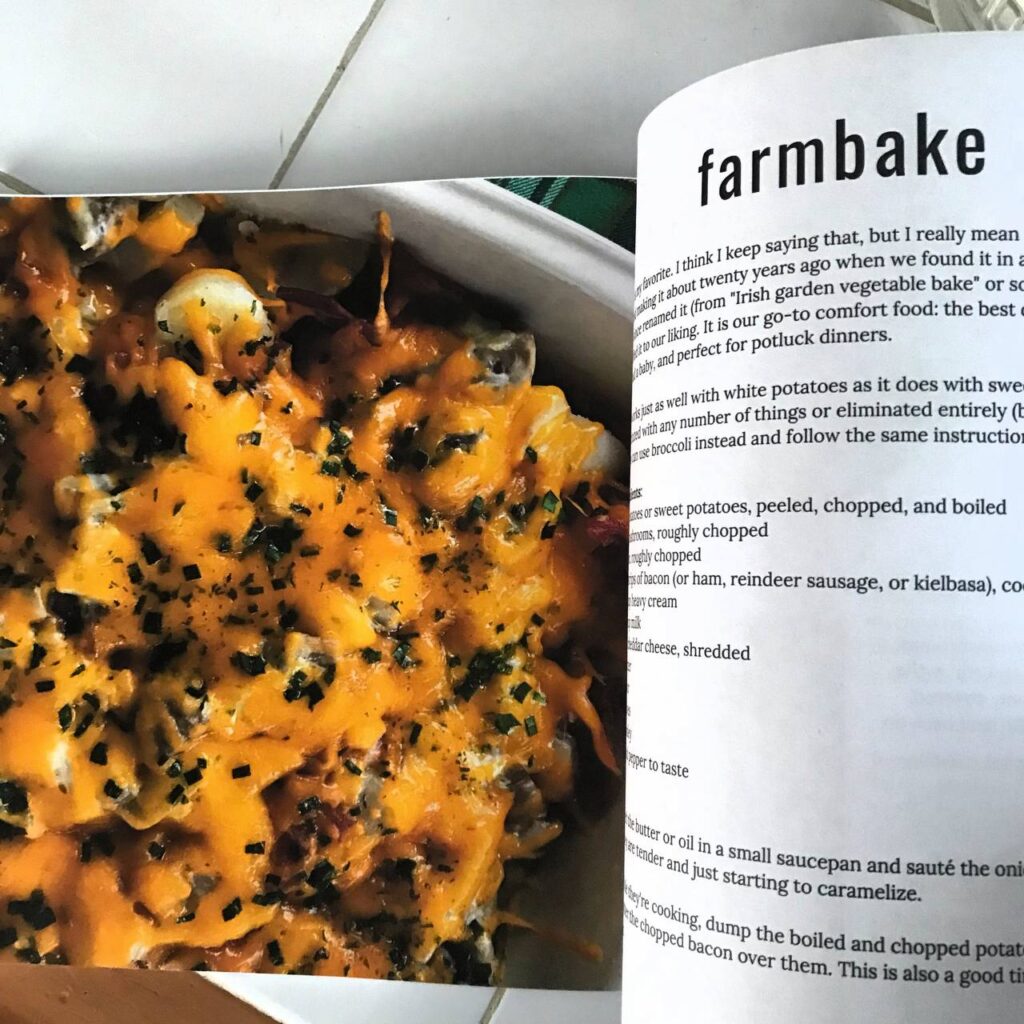No one can waste time like a writer. Not only are we spectacular at procrastinating, but the technology is irrational, the process is laborious, and you’ll never even see most of the words we write. Typetypetype, highlight, delete – poof, they’re gone, outta here, no bueno, tossed in the bin, gone forever. Another day at the desk, and only a fraction of the words written are kept to be shared…eventually.
And then – humor me for just a minute, you’ll appreciate this – there are the days you encounter technical difficulty that defy logic and the most elementary commands of a computer. You tell the document to print, and the printer says there’s a jam even though you can’t find any paper in the track. So you empty the entire contents of the printer and restart; try again, but it’s still jammed; dislodge the mechanical guts of the machine and finally find a microscopic piece of confetti; put everything back together and ask it to print again.
Suddenly the stupid thing releases twelve emails from last year, the entire 911 commission report, the Mayflower Compact, the Magna Carta, and the ancient code of Hammurabi.
And then it says you’re out of ink.
BLANKETY BLANK.

Last year when we were releasing the ABIDE series we spent four days trying to upload a proof, and then two more days waiting for the proof to come back, only to realize the file had formatting errors that had to be fixed before going to print. It was a rookie mistake and I knew better. Every time we saved the files, small elements would move and it didn’t matter what browser I used, how we saved it, whether I retyped things or just re-pasted them correctly, they kept shifting out of place (just like this meme).
Many emails to the website’s support crew later, Vin finally fixed it all in Photoshop. And the delay didn’t make sense for any reason other than possibly, just maybe, that support team at the website needed to learn about Jesus and prayer, because they got to read pages 44 through 56 of ABIDE volume 4 in advance. Either that, or they desperately needed the recipe for Farmbake.

So much wasted time. But just as often, it’s my own fault.
For example, the file I’m working on lately says “round 4” but that’s a lie because I’ve tackled this book at least twice that many times. But this is probably the fourth time I’ve completely rewritten it, trashing so many paragraphs and pages that were less than what I want it to be. I’m back to those beginning chapters again and honestly, I’m nervous about getting further into it because I know where the story is going, even though I still don’t know how it ends.
I know pain is coming. So I stall and do other work, saving just thirty minutes of the day to tackle this one. Thirty minutes at a time will not finish a book by February – or even May, probably – but some days it’s all I think I can handle.
Which doesn’t mean it really is all I can handle. It’s just that that’s how much obedience I’ve been willing to put into it. So the delay is all on me, and the reward will come as soon as I surrender into really doing the work.
Part of the problem is that it’s a memoir so almost everything is in past tense, but I’m still learning to recognize what happened. And the problem with that is that I am telling, not showing, which is a huge no-no in writerly endeavors. This happened, then this happened, then this happened. It’s not that boring, trust me, but still, it’s telling and not showing. As Annie Dillard says, “You have to take pains in a memoir not to hang on the reader’s arm, like a drunk, and say, ‘And then I did this and it was so interesting.’”
But this is a story that must be told, not shown, and I’m walking the line carefully to protect our kids and ourselves and others who, alas, would not be flattered if I shared in full what really happened. Because also, as Annie Dillard said:
Everybody I’m writing about is alive and well, in full possession of his faculties, and possibly willing to sue. Things were simpler when I wrote about muskrats.
– from Inventing the Truth: The Art and Craft of Memoir
Maybe that’s why I write so much about poultry lately.
So I grab a stack of books off the shelf, all highly recommended by someone or other as excellent specimens of memoirs, which are notoriously hard to write well.
I open one: Memoirs by Pablo Neruda. This is at the top of many lists. I thumb through, and…telling, not showing. Not all, surely, but a lot of it. Past tense, this happened, then this, and then this. But not like a drunk; it’s interesting.
I thumb through A Walker in the City by Alfred Kazin, and The Road to Coorain by Jill Ker Conway. Same. Past tense. Lots of telling. But it’s not bad; it’s good writing. I grab a few more books off the shelf, skim through from back to front, read snatches of sentences here and there.
When Vin brings up afternoon coffee I’m hunched over my shelf looking for Annie Dillard’s An American Childhood and cannot find it anywhere. It’s red, I’m sure, but I scan all the red books to no avail, check all the others in case I’m misremembering, and finally find it with a pink spine that used to be red but faded in the sunlight back when my shelf was on the other wall. I crack it open and there’s this: I was ten when I met the dancing school boys… and she’s telling but she’s also right there with me over coffee, and we’re looking back together. And that’s both an answer and confirmation because that’s how I tend to write anyway when I’m doing my best work.
But before I get there, I still have to choose to do the work, any work, and risk it not being the best work because it can’t all be the best. Not all the words that get typed are words that get published. Vin and I have started calling these the invisible words, the ones that didn’t ring as true as the words that came later. Because it takes a lot of words to sort through before the right ones come that are worth sharing with everyone else. It takes a lot of digging and sifting to find the gold.
And that is life: We are learning to live our story in the best way to find the gold. We risk the days knowing that there will be plenty of them that feel wasted, that we don’t want to share or relive. Some of our days are filled with grit and regret, fingers in the dirt full of pain and confusion, betrayal and trauma. Those are the ones that bring us to a crossroads of choosing to get bitter or get better, to lose our faith or to find it. One choice leads us to the gold, and the other makes us the drunk hanging on someone’s arm, spewing things that should’ve been deleted.
The good news is that we can surrender anytime. It’s never too late to let go, and do some deleting. The Lord knows what to do with our surrender. He’s not wasting any of it; every piece of grit refines us into someone who reflects Him more.
Some people come through awful childhoods and become productive, contributing adults, while others do antisocial and even monstrous things. Why?
It is similar to one brother asking another, “Why did you grow up to be a drunk?” The answer is, “Because Dad was a drunk.” The second brother then asks, “Why didn’t you grow up to be a drunk?” The answer is “Because Dad was a drunk.”
– Gavin de Becker, The Gift of Fear
The wasted days and regrettable experiences are making us into who we are, just as the invisible words are getting us to the ones that tell the story the way it needs to be told. Deciding whether to surrender them or cling to them is what makes the difference.
